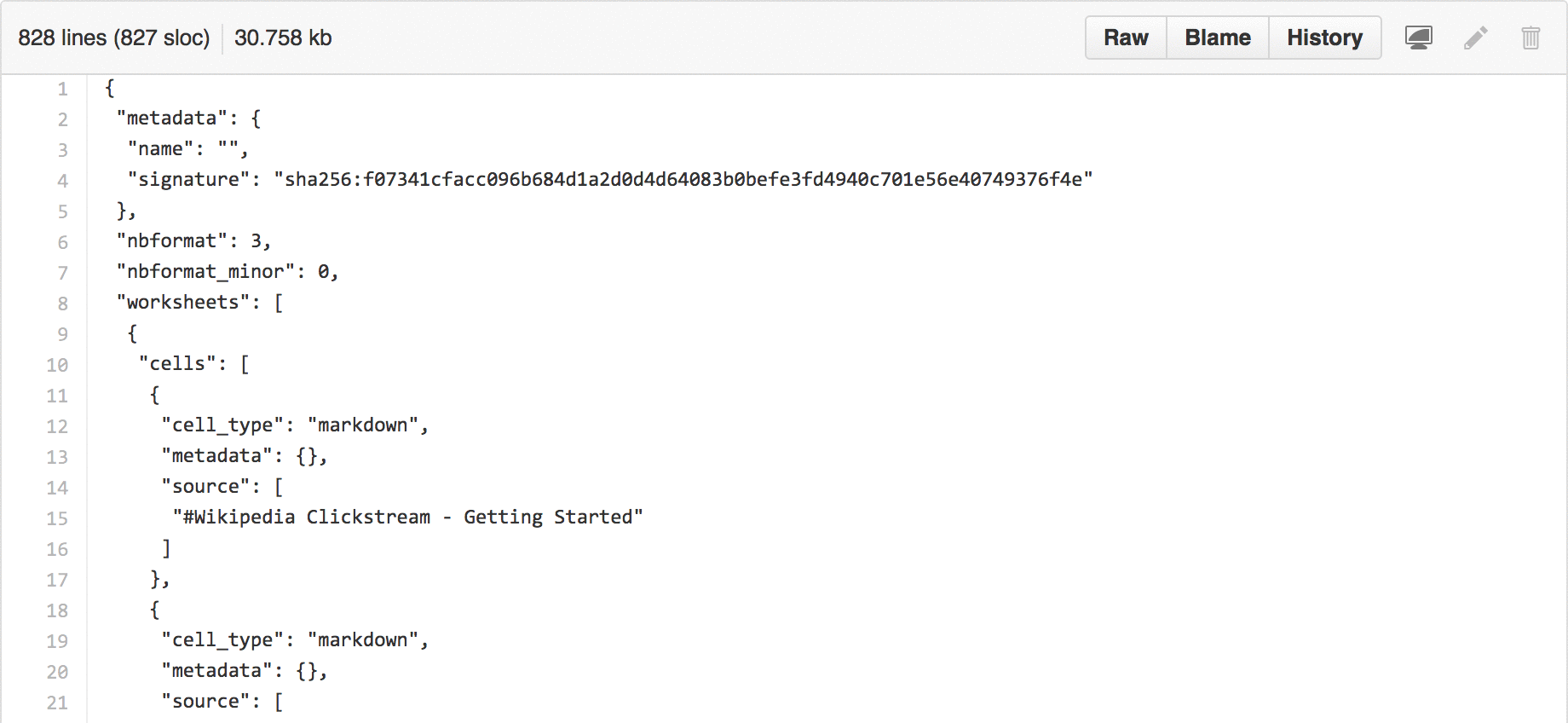GitHub + Jupyter Notebooks = <3
Communicating ideas that combine code, data and visualizations can be hard, especially if you’re trying to collaborate in realtime with your colleagues. Whether you’re a researcher studying Wikipedia, an astronomer…
Communicating ideas that combine code, data and visualizations can be hard, especially if you’re trying to collaborate in realtime with your colleagues.
Whether you’re a researcher studying Wikipedia, an astronomer investigating the movements of galaxies in our cosmic neighborhood or a data-scientist at fashion retailer Stitch Fix, producing insights from data and sharing is a common challenge.
Jupyter notebooks solve this problem by making it easy to capture data-driven workflows that combine code, equations, text and visualizations and share them with others. From today Jupyter notebooks render in all their glory right here on GitHub.

With Git Large File Storage and Jupyter notebook support, GitHub has never been a better place to version and collaborate on data-intensive workflows. With more than 200,000 Jupyter notebooks already on GitHub we’re excited to level-up the GitHub-Jupyter experience.
Looking to get started? Simply commit a .ipynb file to a new or existing repository to view the rendered notebook. Alternatively if you’re looking for some inspiration then check out this incredible gallery of Jupyter notebooks.
Written by
Related posts

We need a European Sovereign Tech Fund
Open source software is critical infrastructure, but it’s underfunded. With a new feasibility study, GitHub’s developer policy team is building a coalition of policymakers and industry to close the maintenance funding gap.

GitHub Availability Report: June 2025
In June, we experienced three incidents that resulted in degraded performance across GitHub services.

From pair to peer programmer: Our vision for agentic workflows in GitHub Copilot
AI agents in GitHub Copilot don’t just assist developers but actively solve problems through multi-step reasoning and execution. Here’s what that means.